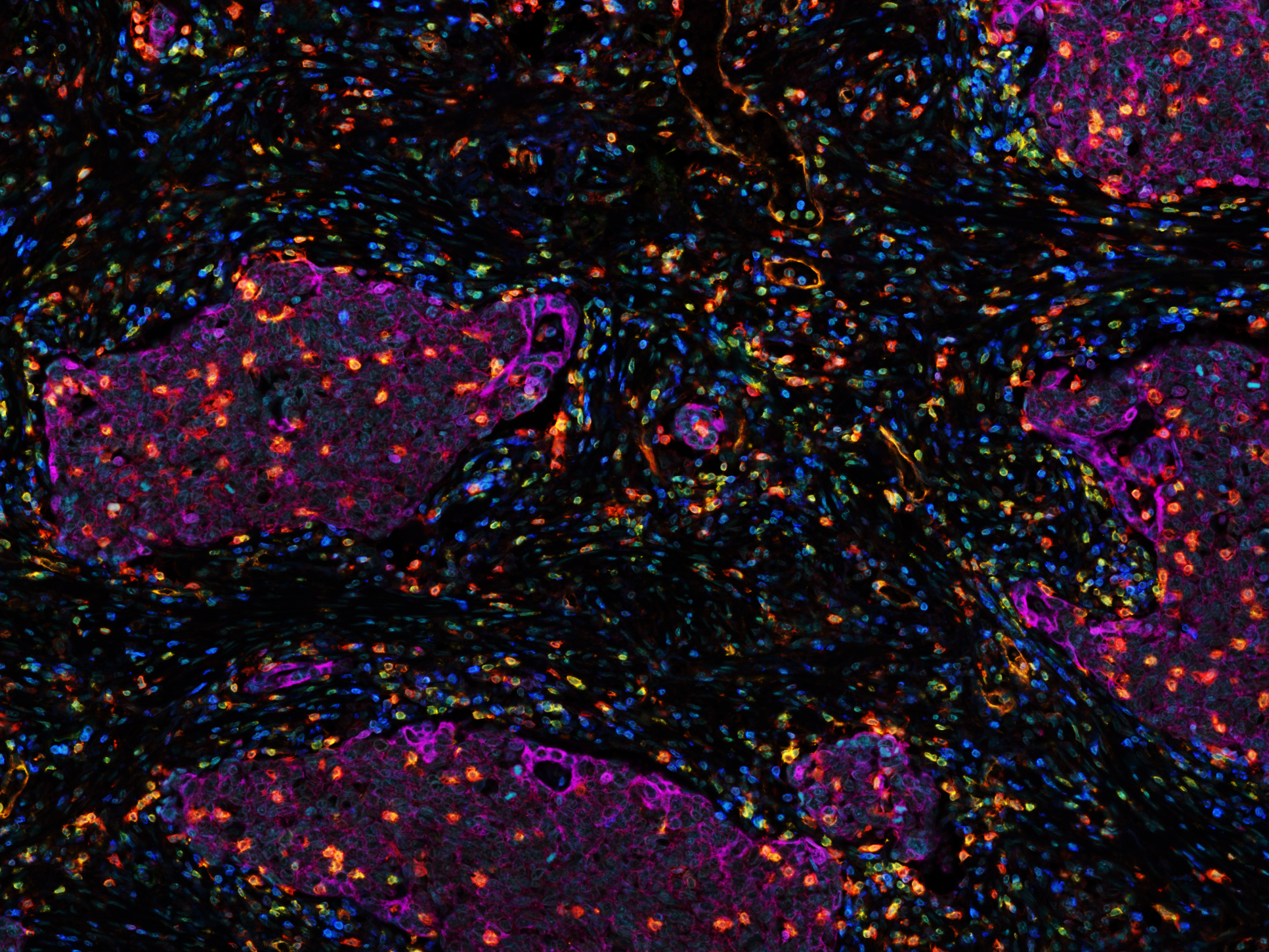2023-08-31 カロリンスカ研究所(KI)
◆研究者は、ビタミンCやEなどの抗酸化物質が肺がんの成長と拡散を促進するメカニズムを解明し、特にBACH1というタンパク質の安定化に関与することを示しました。これにより、がん腫瘍が新しい血管を形成し、成長と転移を助けることが可能になります。ただし、通常の食品から摂取する抗酸化物質については心配する必要はなく、過剰な摂取はがん患者やがんリスクが高い人にとって有害である可能性があります。
◆この研究により、腫瘍内の酸素と自由酸素ラジカルのレベルがBACH1タンパク質を調節するメカニズムが理解され、免疫療法などの新しいがん治療法の開発に向けた道が開かれる可能性があります。
<関連情報>
- https://news.ki.se/antioxidants-stimulate-blood-flow-in-tumours
- https://www.jci.org/articles/view/169671
抗酸化物質がBACH1依存性の腫瘍血管新生を刺激する Antioxidants stimulate BACH1-dependent tumor angiogenesis
Ting Wang, Yongqiang Dong, Zhiqiang Huang, Guoqing Zhang, Ying Zhao, Haidong Yao, Jianjiang Hu, Elin Tüksammel, Huan Cai, Ning Liang, Xiufeng Xu, Xijie Yang, Sarah Schmidt, Xi Qiao, Susanne Schlisio, Staffan Strömblad, Hong Qian, Changtao Jiang, Eckardt Treuter, and Martin O. Bergo
Journal of Clinical Investigation Published August 31, 2023
DOI:https://doi.org/10.1172/JCI169671

Abstract
Lung cancer progression relies on angiogenesis, which is a response to hypoxia typically coordinated by hypoxia-inducible transcription factors (HIFs); but growing evidence indicate that transcriptional programs beyond HIFs control tumor angiogenesis. Here we show that the redox-sensitive transcription factor BTB and CNC homology 1 (BACH1) controls the transcription of a broad range of angiogenesis genes. BACH1 is stabilized by lowering reactive oxygen species levels; consequently, angiogenesis gene expression in lung cancer cells, tumor organoids, and xenograft tumors increased substantially following vitamin C and E and N-acetylcysteine administration in a BACH1-dependent fashion under normoxia. Moreover, angiogenesis gene expression increased in endogenous BACH1–overexpressing cells and decreased in BACH1-knockouts in the absence of antioxidants. BACH1 levels also increased upon hypoxia and following administration of prolyl hydroxylase inhibitors in both HIF1a-knockout and wild-type cells. BACH1 was found to be a transcriptional target of HIF1α but BACH1’s ability to stimulate angiogenesis gene expression was HIF1a independent. Antioxidants increased tumor vascularity in vivo in a BACH1-dependent fashion, and overexpressing BACH1 rendered tumors sensitive to anti-angiogenesis therapy. BACH1 expression in tumor sections from lung cancer patients correlates with angiogenesis gene and protein expression. We conclude that BACH1 is an oxygen- and redox-sensitive angiogenesis transcription factor.


